Will star Japanese writers and Korean production bring drama gold?
by javabeans
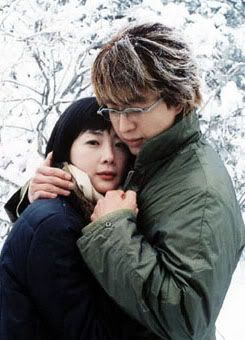
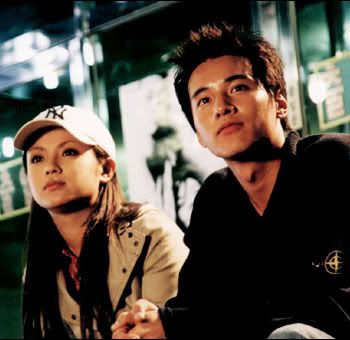
The Korean Foundation of International Cultural Exchange is working with the Japan Broadcast Writers Association in a joint “TV drama project,” which was announced at the TV Drama Writers’ Conference of East Asia, held in the city of Sasebo in Nagasaki Prefecture on June 10 and 11.
Plans were announced for a drama series in which eight Japanese drama writers will each be responsible for scriptwriting two hours’ worth of material, to be produced by a Korean production company and air as early as December. Writers include Inoue Yumiko (Pandora, First Kiss) and Oishi Shizuka (Kunitori Monogatari, Komyo ga Tsuji). Casting is unconfirmed, although the names being thrown around for consideration include Lee Byung Heon, while director Yoon Seok-ho of Winter Sonata has given his informal assent.
Given the success of Winter Sonata (and by extension, Yonsama) in Japan, I suppose the director was an obvious choice. There have been other joint-production attempts to capitalize on the Hallyu craze, but they haven’t had the success they were aiming for. There was the 2004 short drama Friends pairing Won Bin with Fukada Kyoko, and, more recently, Tokyo Shower. (I believe 2006’s Japanese drama Rondo with Choi Ji Woo fared better, although it perhaps didn’t live up the hope of becoming a runaway hit.)
Meanwhile, production house Olive Nine is already working on a drama to be filmed in Japan, tentatively titled Lovers in Asuka. The 20-episode series is set in the town of Asuka in Nara Prefecture and will be written by Kang Eun Jung, one of the writers of Lovers in Paris. I suppose they figured they hadn’t milked the “lovers in [insert city]” concept enough yet.
I’m not sure about Asuka, but I’m curious to see how Japanese scriptwriters bring (or don’t bring) a different feel to a kdrama production. (Also, the rotating writers thing worries me — although it’s not an automatic detractor, it’s a risky move.)
Via Hankook Ilbo
SONG OF THE DAY
Lamp – “ムード・ロマンティカ No.2” (Mood Romantica No. 2) [ Download ]
Audio clip: Adobe Flash Player (version 9 or above) is required to play this audio clip. Download the latest version here. You also need to have JavaScript enabled in your browser.
RELATED POSTS
Tags: drama production, j-doramas, Tokyo Showers, Winter Sonata
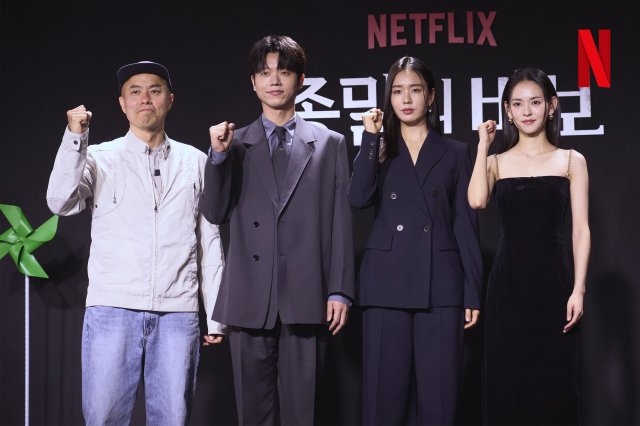
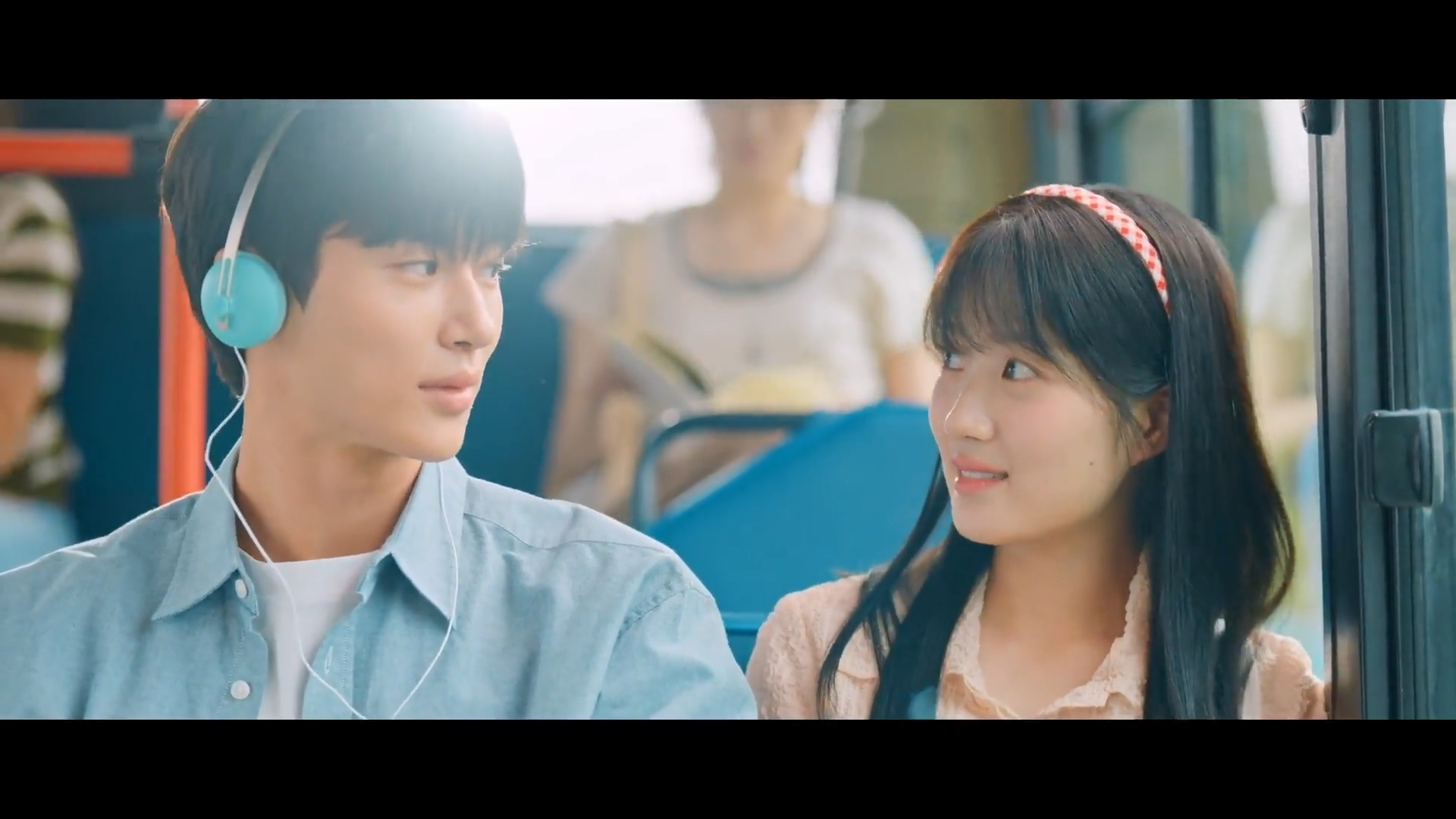
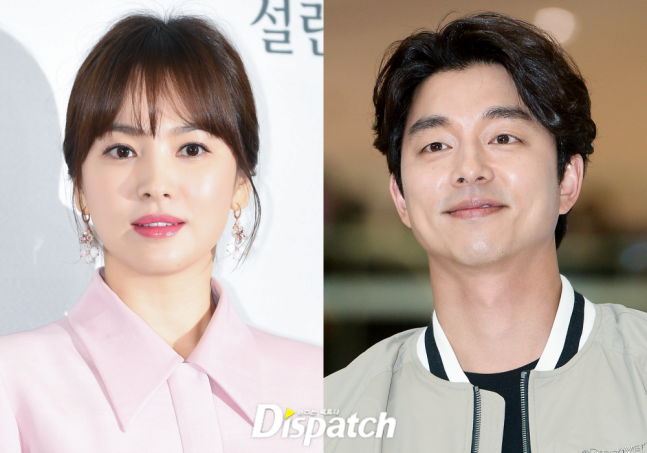
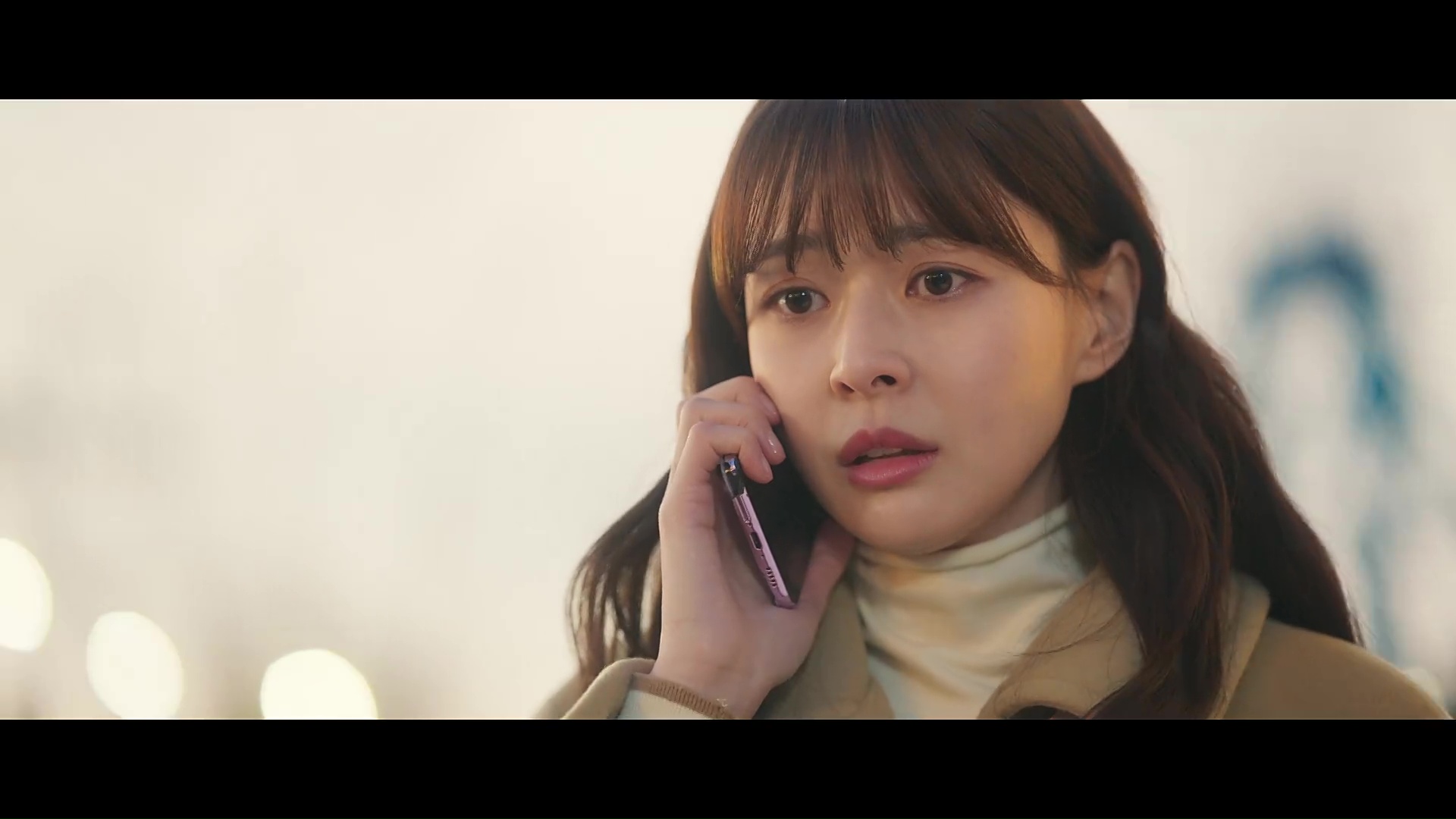
![[K-drama Treasure Hunt] Heart-fluttery bottle opening](https://d263ao8qih4miy.cloudfront.net/wp-content/uploads/2023/05/Kdrama-treasure-hunt.png)
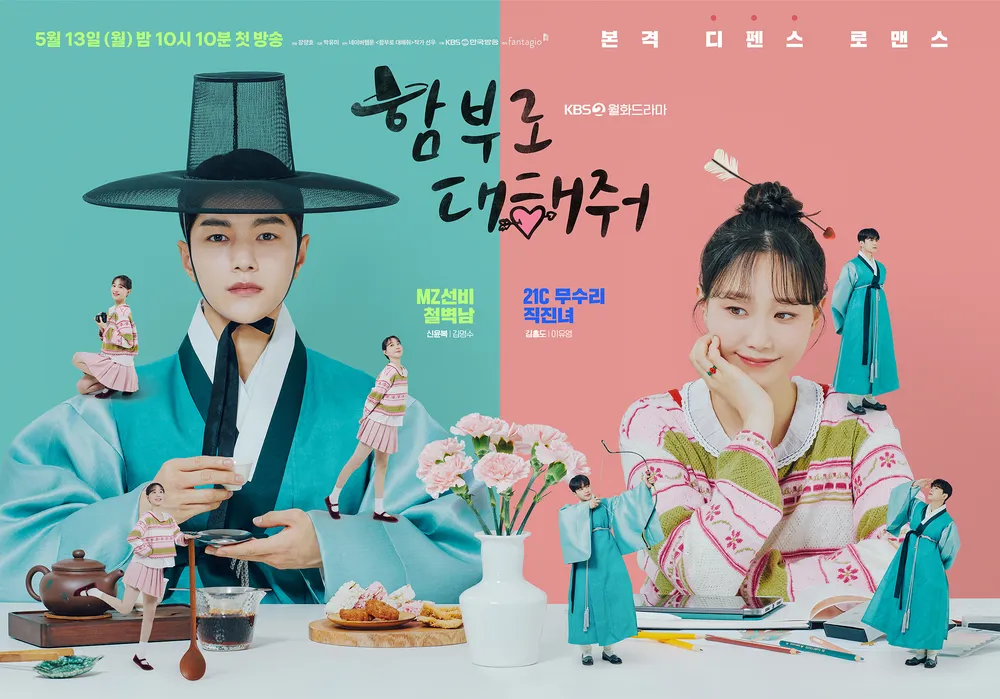

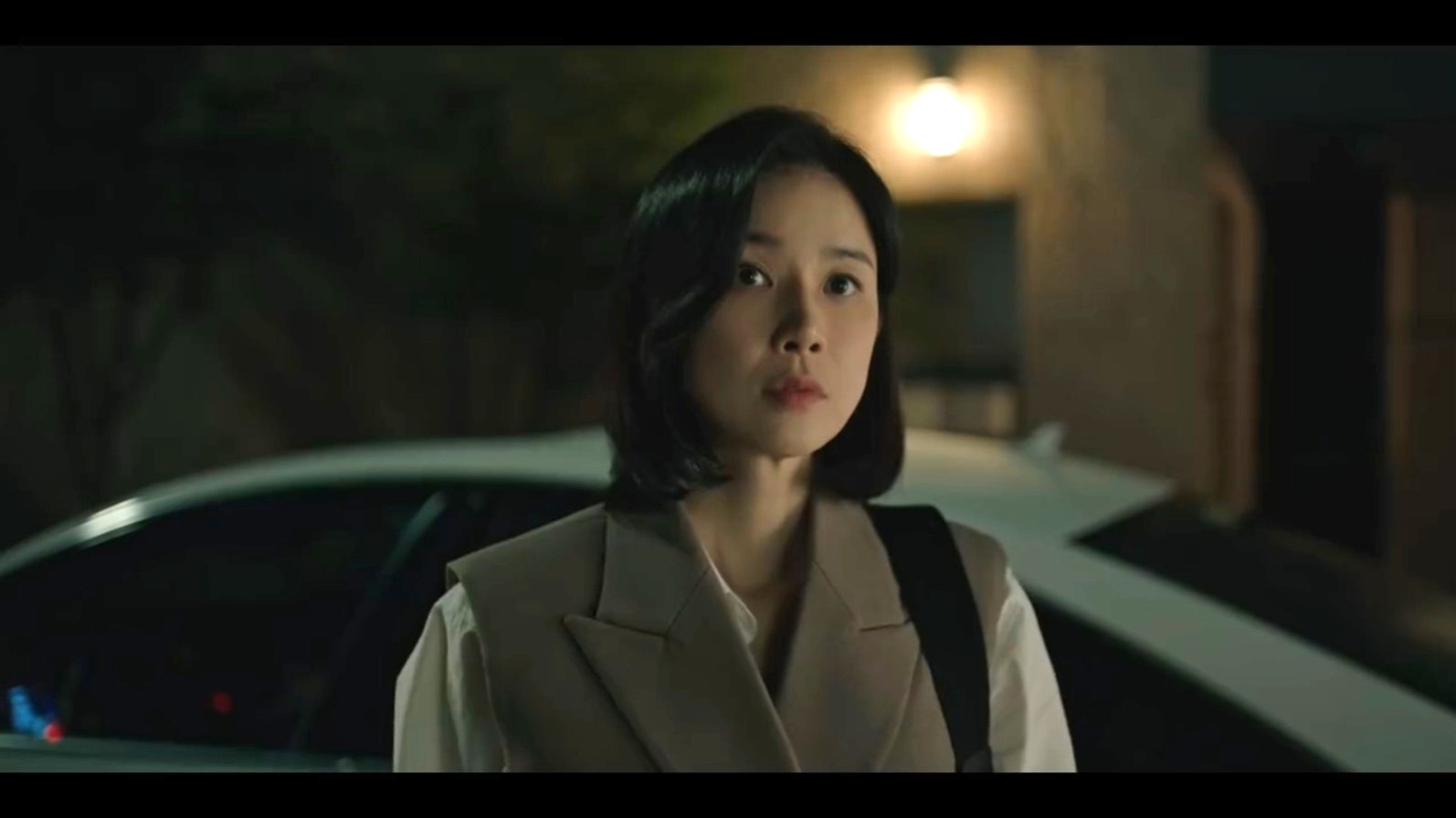
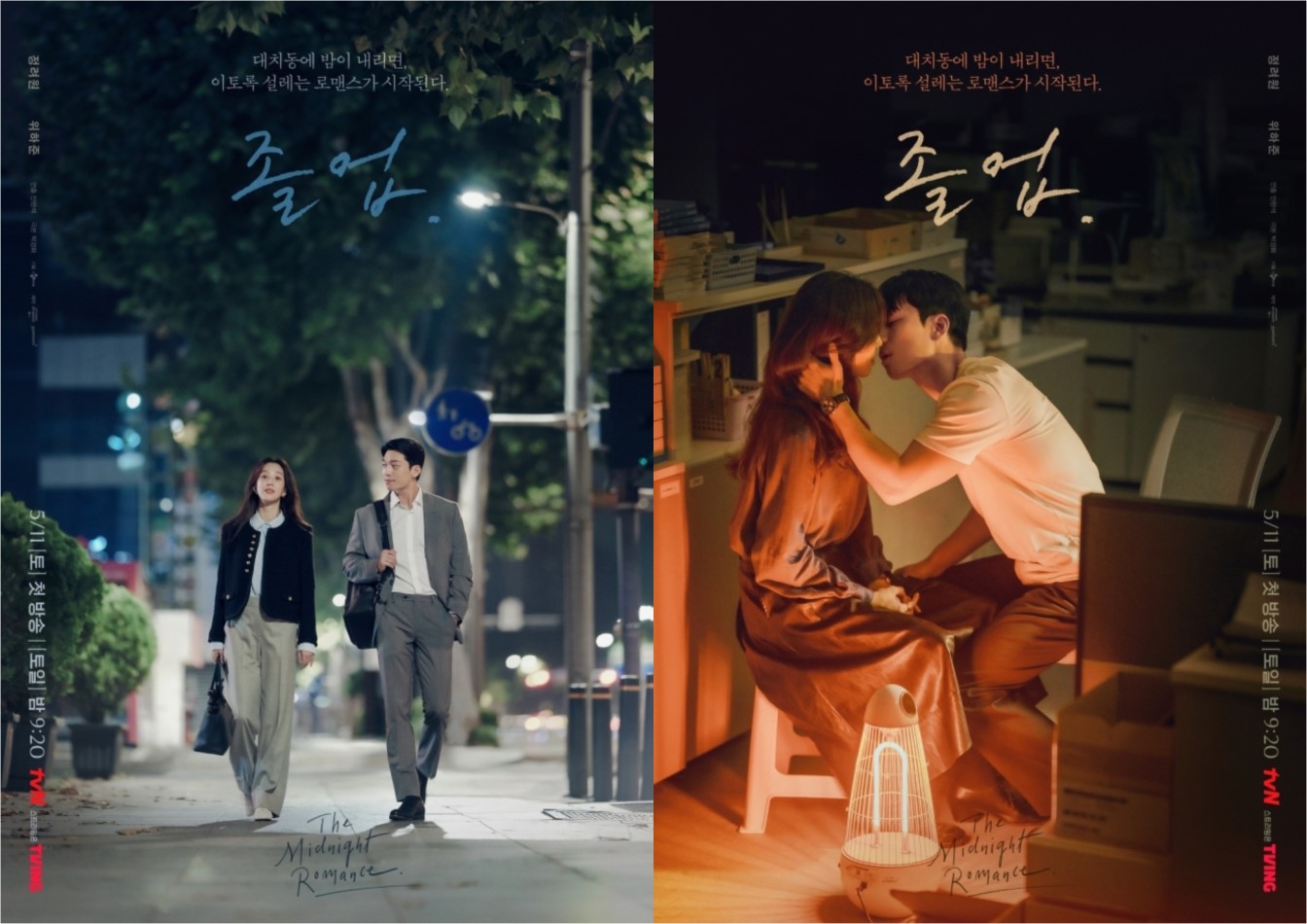
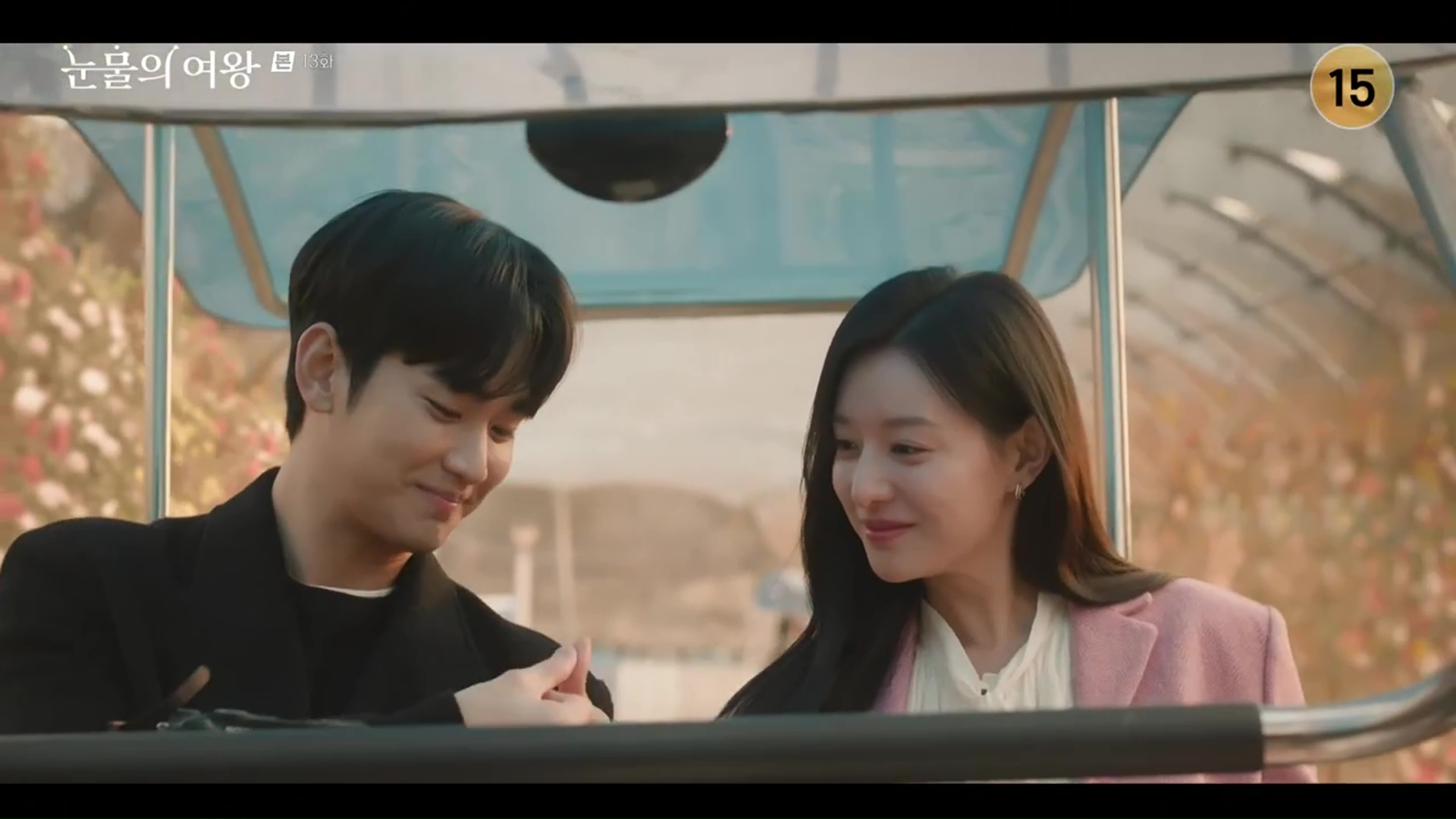
Required fields are marked *
Your email address will not be published. Required fields are marked *
1 belleza
June 12, 2008 at 4:31 PM
I don't think it will work. But, it'll probably be easier than having a Japanese director / Korean writer setup. K-drama acting benefits from longer takes and more dialogue, enabling them to develop rapport in scenes and ease into their characters, which you don't see often in J-drama nowadays unless you watch taiga. You could tell Choi Ji Woo struggled in Rondo due to the lack of lines per scene.
If you've seen Inoue Yumiko's tanpatsus, she can write longer, naturalistic scenes that observe high brow themes without her beating you over the stick with the Big Idea (you get used to the posturing in serious J-dramas and taigas.) But what she's not good at is spacing out comic scenes where the ad-libs should go. It depends on the project, so to speak. The underlying problem is the presumption that if Yoon Seok-ho took the project, the J-drama writers would be expected to write an otasan melodrama. And unfortunately, they've really, really struggling writing dramas in that style, because they more associate those K-dramas with plot twists and emotional histrionics, where the real attention to detail lies in A LOT of off-point banter, non-sequiters scenes, and emotional spacing. If you 've watched recent tearjerkers like Sekai or 1 Litre of Tears, those shows are deeply sad because the situation itself is extremely sad, not because we're deeply empathizing with the private pain of the characters. (To a degree, this has also been unfortunately true of Last Friends, in spite of Ueno Juri's wonderful performance.) Many J-dramas today emphasize literal sadness (tragic plots) and literal irony (slapstick), even something like Ryokiteki, which could survive on the wonderful screwball chemistry between its two leads, is weighed down by a need to underline the funny bits and substantiate again and again the female lead's plights to us.
That said, I'd love to see Lee Byung Heon and Oiishi Shizuka work together. Oiishi Shizuka is kind of a romance queen, with a good nose for whimsy and screwball. And I think LBH, with his love of tourney-style narrative, makes dramas for the wrong country anyway. :D
Required fields are marked *
2 Jessica
June 12, 2008 at 6:20 PM
Wow, really good insight, belleza!
Another issue I have is with the way romance is portrayed in jdramas (I know it's not the main issue, but I'm a sucker for it). Japanese romance seems very...muted I guess. Very rarely do you get scenes where the guy is professing his love.
What I'm wondering is, do the best writers always work alone? Would it be beneficial if they could team up? Perhaps have a Korean and Japanese writer working together and bouncing ideas of each other....or maybe that'll lead to the too many cooks issue.
Required fields are marked *
3 X
June 12, 2008 at 9:03 PM
WOW.... Inoue Yumiko and Yoon Seok Ho.
That's like.... DJ Crush and Tae Jin Ah working together. ㅋㅋㅋ
Required fields are marked *
4 sf
June 13, 2008 at 8:54 AM
I really hope this turns out well. It's strange in a way, how it seems so uncertain if two "drama powerhouse" countries can whip out a good drama together....you'd think they could balance each other's strength's and weaknesses more naturally.
I guess it's b/c sometimes positive * positive = negative?
Required fields are marked *
5 bird
June 13, 2008 at 9:56 AM
i'll have to agree with sf. this whole set-up sounds so.. gimmicky. they might as well announce that they're planning to rob the jap ajummas at gunpoint -_-
btw, majimak scandal is SUCH a great drama! hehe just had to say that ;)
Required fields are marked *
6 belleza
June 13, 2008 at 1:48 PM
@Jessica,
Yeah, some of that is cultural and, of course, very relative. Americans are "obnoxiously" affectionate compared to Asians.
J-drama romances tend to be quieter and more situational. People fall in love due to specific circumstances within the story. Many great J-drama romances weave in a coming-of-age narrative whereby that love elicits a great life lessons that changes the protogonists. Many great J-drama tearjerkers riff off the existential anxiety that without those life lessons, there would be no meaning to them or their lives. What good is it all for? And that is a powerful foundation for the coming-of-age structure of the J-drama romance.
Korean tearjerkers still carry a heavy dose of screwball (poor girl/rich guy, lots of pride and prejudice) dynamics. People fall in love because they either get along or really piss each other off. The story is there as a roadblock -- the screwball narrative usually involves some family or social construct which the two parties, having realized their differences, must overcome in order to "win." Here, love becomes a triumph of will. Great K-drama tearjerkers thwart that outcome, but in doing so, memorialize the love through that will. Martyrdom guarantees eternal love. As a result, there are more truly beautiful losers in K-drama than in J-drama and TW-drama put together.
Nowadays, what you see happening is that Japanese housewives really like Korean melodramas, and Korean netizens really like Japanese idol dramas . . . but both sides are still watching from domestic sensibilities. Winter Sonata is viewed as a profound story (due to all the crying, quiet seriousness of the people, and professions of love) of unselfish junai and familial obligations/sacrifice to many Japanese housewives. Meaning, they take the well-worn childhood love plot thematically (as they would in normal j-drama) rather than as a standard soap opera device to bring the characters apart and together. Netizens like shows like Hana Kimi and Nobuta wo Produce, because they see teenage and early-20 leads in unpredictable/original storylines and associate the circumstances with their acting and chemistry. In other words, in K-drama, you've seen a guy long from a long distance for his love a 1000 times. But, what if the guy was really a girl?!? In J-drama, the acting may be virtually identical (and they tend to be, regardless of the plot) but you, as K-drama viewer, may view the acting as new or novel because you haven't seen that specific situation before. This is especially true when people watch "mania dramas."
The core problem is that there's very little middle ground with either audience. Whenever you've seen a show that actually try to fuse the two, be it Alone in Love or Tokyo Wankei or Rondo, it ends up sucked into a black hole. How am I to explain to Korean viewers that SuJu's #1 Japanese audience aren't teenagers, but 40+ year old women? :D
Required fields are marked *
7 Jessica
June 13, 2008 at 8:13 PM
@ belleza:
That's an amazing insight!
Perhaps it has to do with how the two cultures view life?
The Japanese see life has a river, where they need to go with the flow, whereas the Koreans see life as a road where they get a bit more leeway to walk their own pace. (And I guess Americans see life as an open field where they can go wherever they want! :) )
This would explain why perhaps the 40+ year old Japanese ladies can really sympathize withe k-dramas more. And why Korean teens like j-dramas because they feel their life is currently controlled by some outside force.
Yeah, I can see how mixing the 2 styles can be quite difficult!
Required fields are marked *
8 belleza
June 14, 2008 at 1:21 AM
@Jessica,
"Perhaps it has to do with how the two cultures view life?"
There's some truth to that. If you watch Alone in Love carefully, there's marvelous tension between the dialogue and monologues, the latter which seems lifted from the actual Japanese novel. Alone in Love has a happy ending . . . but the ending is actually kind of a tragedy. But it depends on what cultural filter you apply to the story.
I think it's just more that Korean trendies tend to follow a telenovela/soap opera structure, and so many Japanese idol dramas are based on manga (or adopt a pulp-like approach to drama), and so are very linear about the story. (And even the really, really good stuff like Ashita no Kita Yoshio is a very A-B-C contemplation on its subject.) If I'm watching J-drama, I'm looking for story, whether the narrative blends in different genres, and themes. When I'm watching K-drama, it's more about acting, chemistry, and likability/complexity with characters. The difference is that in Japanese shows, sadness comes from putting yourself in that place and thinking "that's awful." Whereas in K-dramas, sadness comes from emphasizing with the emotional responses of the leads and thinking "poor So Ji Sup!! somebody hug that boy!" :D Likewise, J-drama comedy is VERY slapsticky, even when there's verbal tit-for-tat, it's done so broadly with the timing and reaction shots, emphasizing the comedy in situation. When it's good, it approaches the absurd of Monty Python. Whereas in K-drama comedy, everything is screwball -- clash of personalities, verbal duelsmanship, mistaken assumptions -- situations are just an excuse to watch the leads go crazy.
"And why Korean teens like j-dramas because they feel their life is currently controlled by some outside force."
I just think it's because many popular J-dramas take place in high school and involve coming-of-age stuff that speaks to every adolescent out there. But at the same time, the fact that "Gestu 9" shows primarily focus on late teens/young 20-somethings as leads also is telling too. (Eun Hye at 23 would be considered a veteran in J-drama now.) A friend of mine tells me that the truth is Japan doesn't really watch their own dramas that much anymore. They'll watch morning dramas; they'll watch the variety shows; they'll watch taiga; but now only the teenagers steadily watch J-dramas anymore.
Required fields are marked *
9 Sonam
June 14, 2008 at 11:07 AM
I find the Koreans the most expressive among Asians and the Japanese the most reserved. So after watching a Japanese drama I am ready for an overwrought Korean drama and vice versa. I am neither Japanese nor Korean
Required fields are marked *
10 belleza
June 16, 2008 at 11:25 PM
@Sonam,
I think that is the accepted generalization (Chinese and Taiwanese are in between.)
That is, unless when The Messiah of K-drama visits His people . . .
http://www.youtube.com/watch?v=wcXHjQS8y7s
Required fields are marked *
11 Sonam
June 18, 2008 at 9:42 PM
I am new to Kdramas and so I never got into this guy. I find him weird. Thanks , anyway.
Required fields are marked *
12 Katie
December 19, 2008 at 12:23 PM
Is it just me or is the Song of the Day not downloadable? :(
Required fields are marked *
13 Danielle
March 18, 2009 at 4:21 AM
mm i don't know how it would work
but i must say i liked friends
it was short and sweet
and tokyo shower was good too
except the 1st time i watched it
i felt like my heart hurt so much
it was a truly sad drama
Required fields are marked *